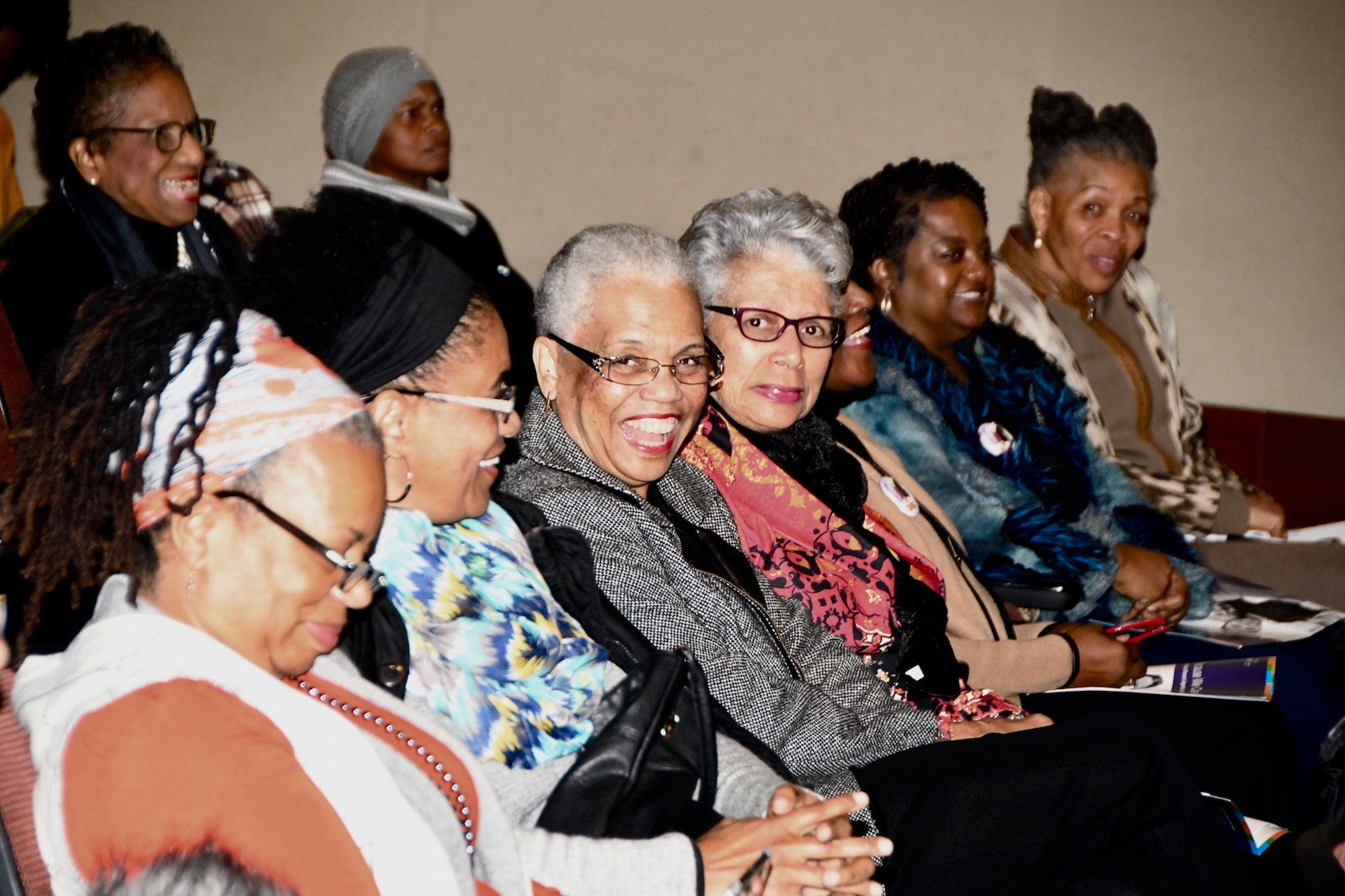
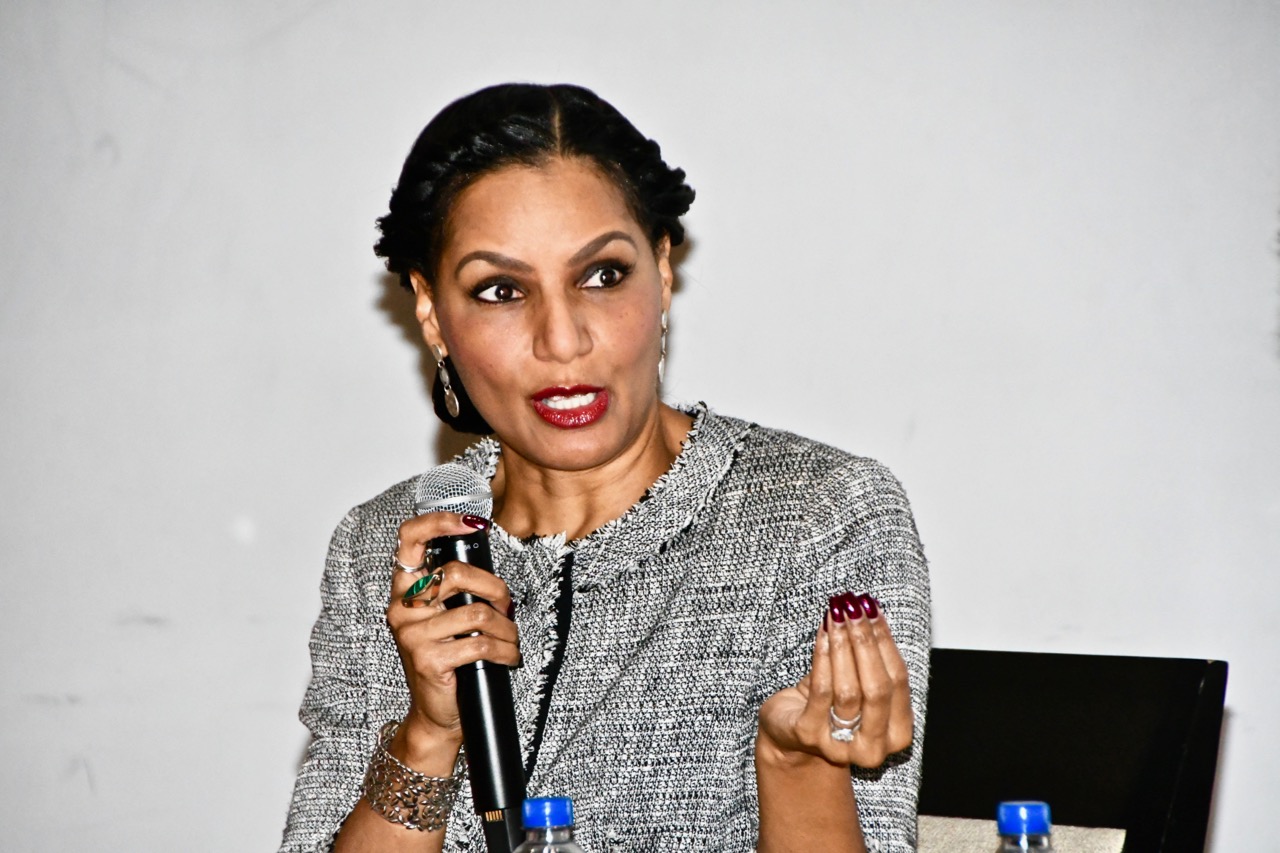
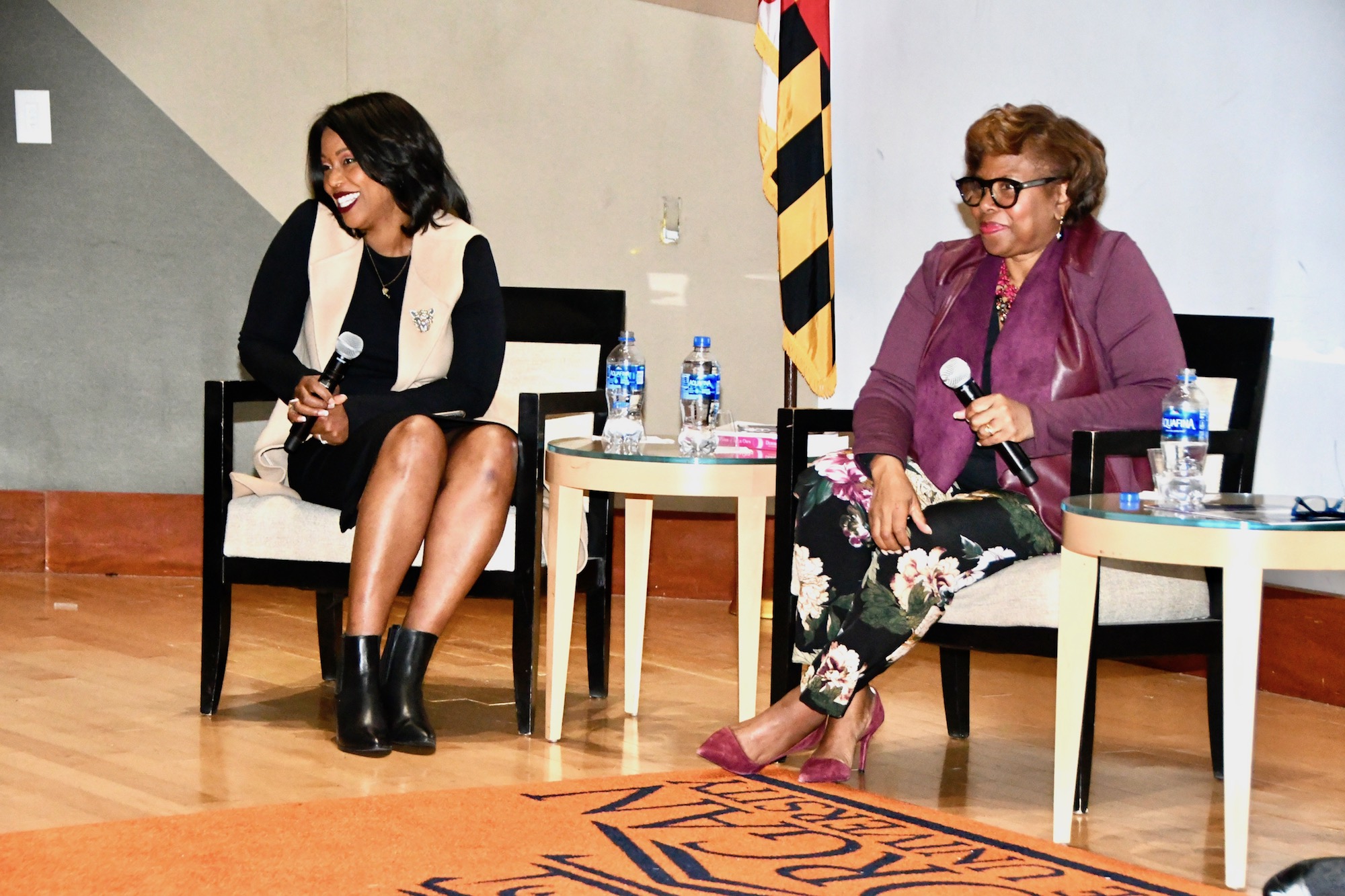
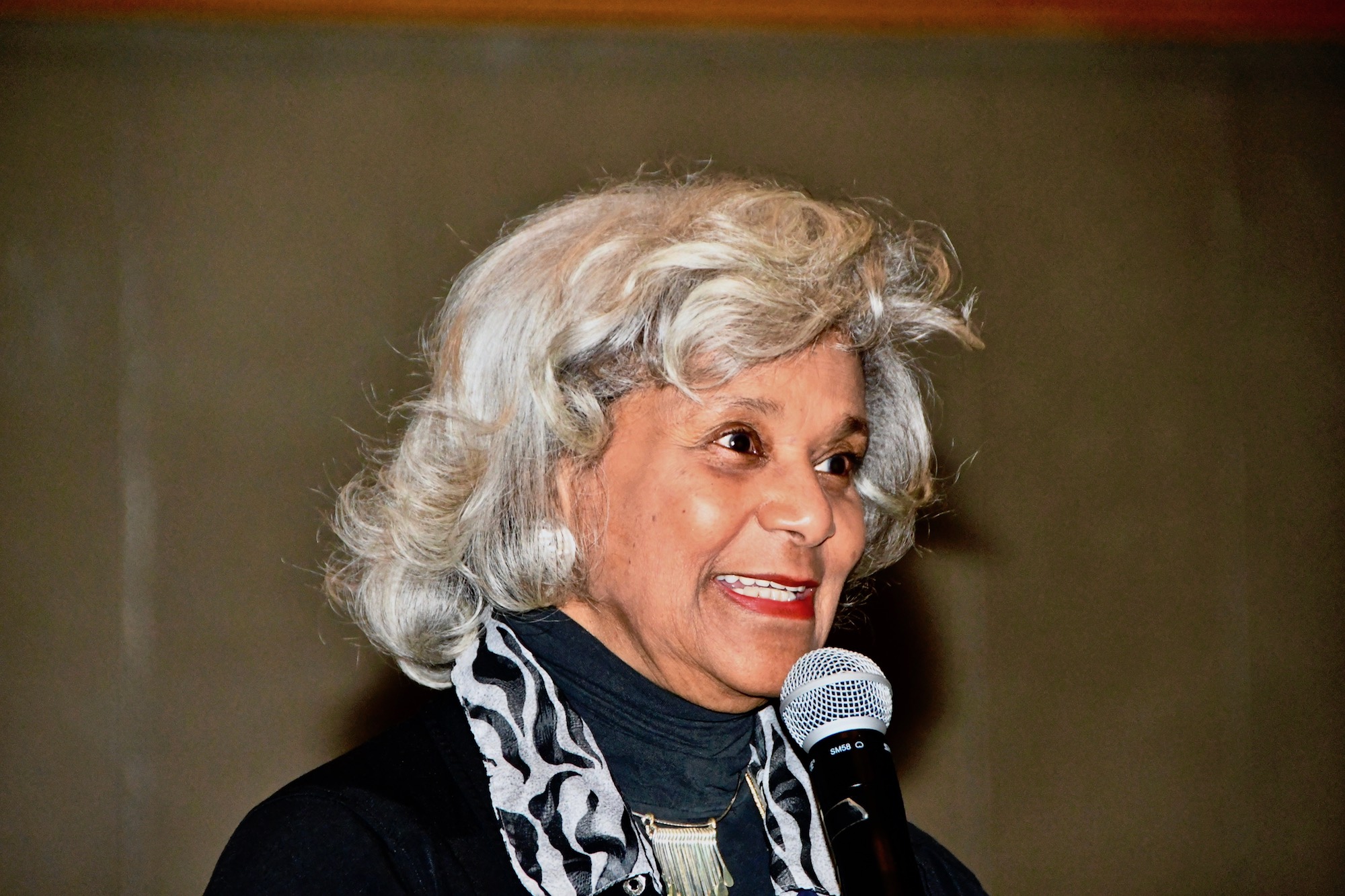
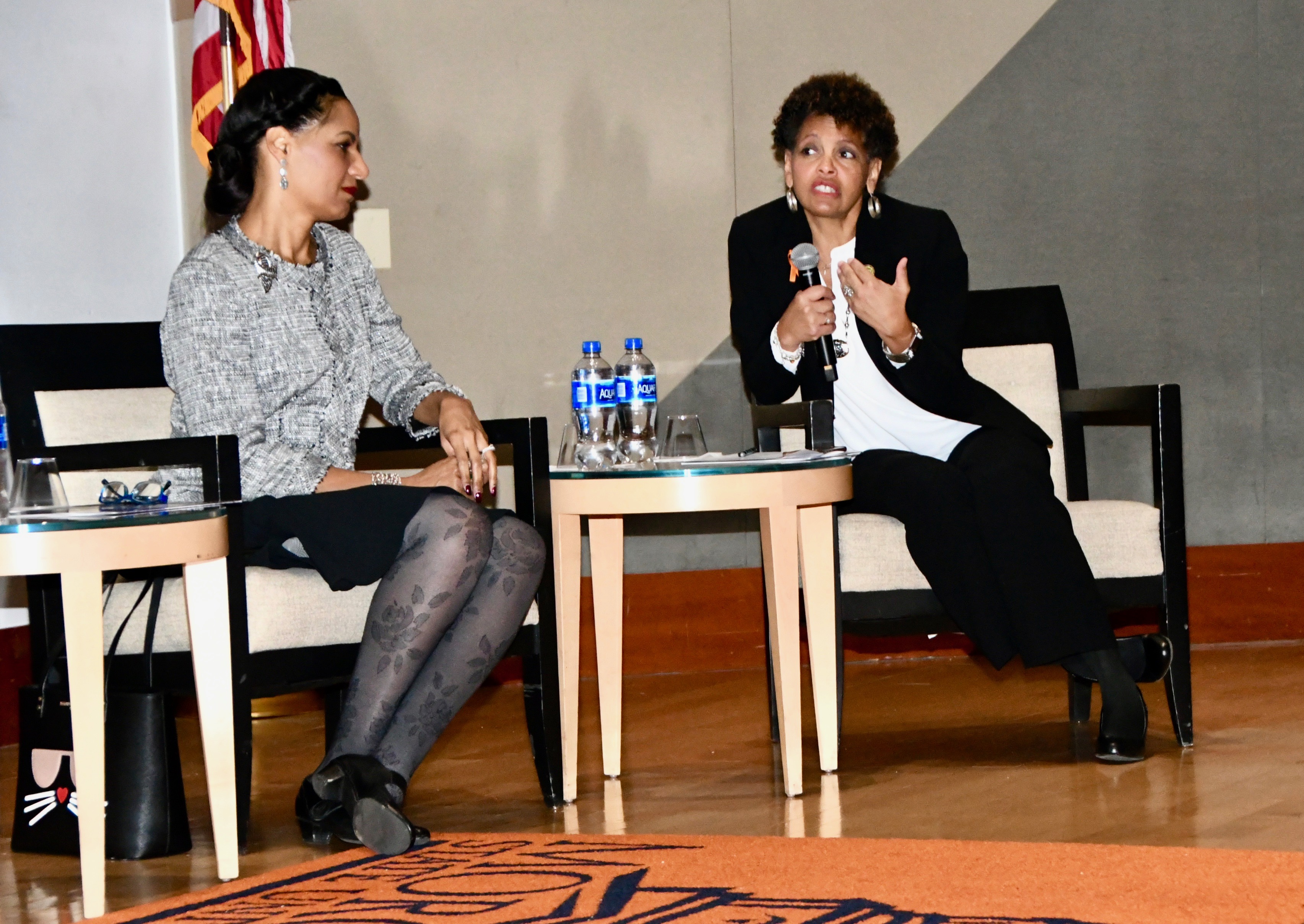
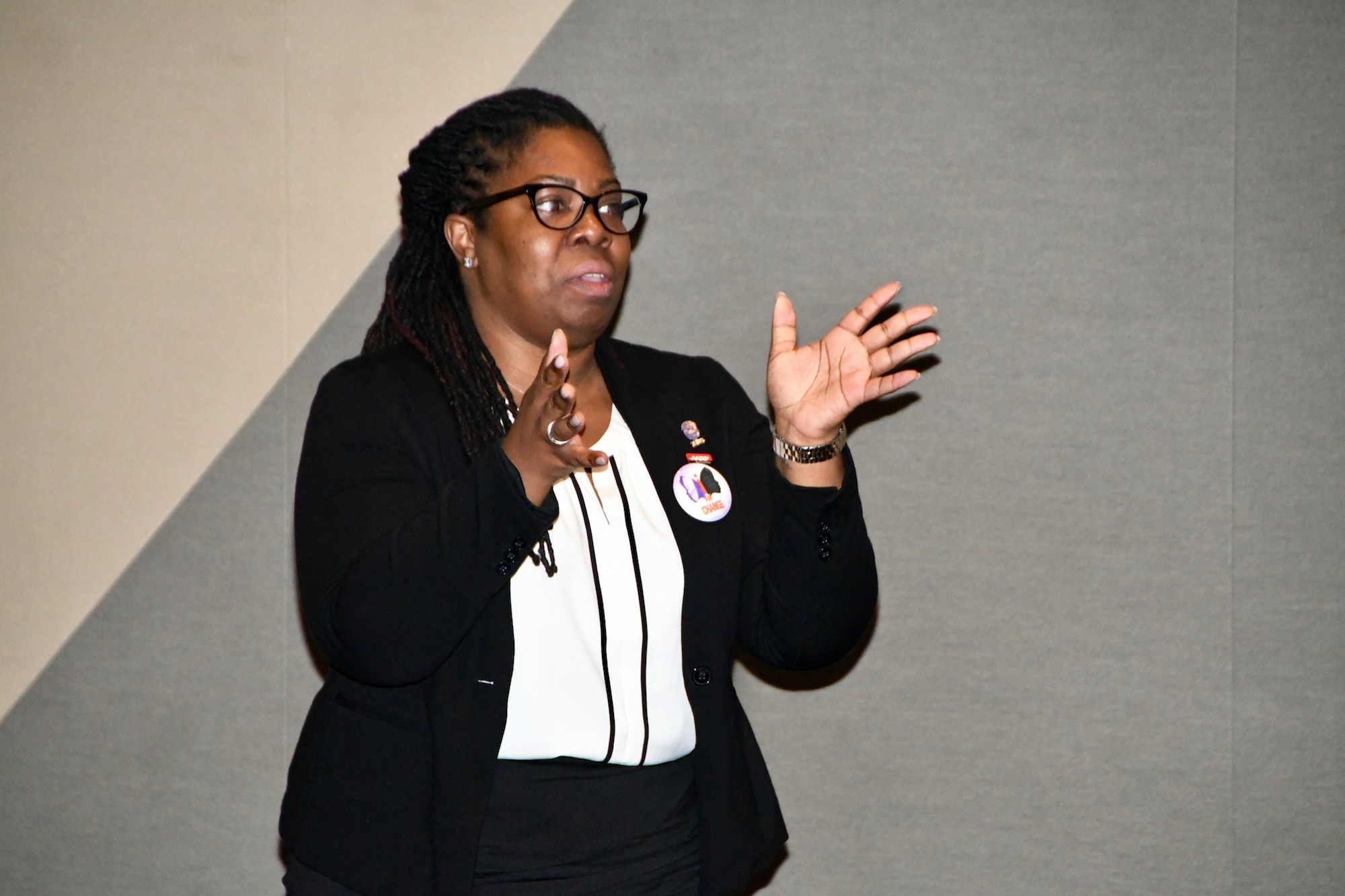
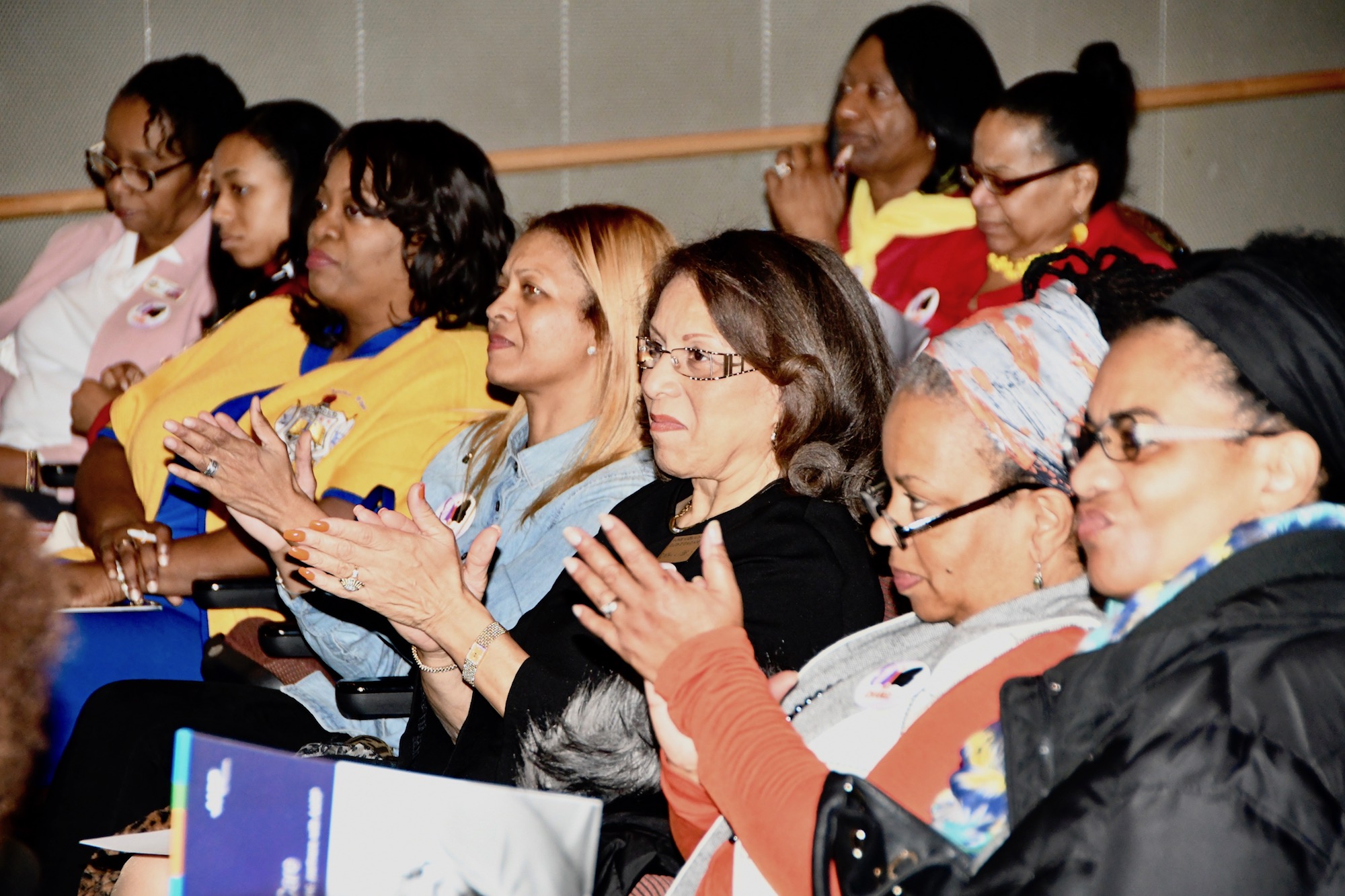
BLACK WOMEN FOCUS ON AGING MASTERY
The Black Women’s Agenda, Inc. recently hosted a summit themed, “I Am the Change: Living Your Best Life at Every Age,” at Morgan State University in Baltimore, MD. Sponsored by AARP and featuring leading experts in the fields of health, education, and economic security, the event focused on the importance of health and wellness in the aging process.
“Too often black women are focused on everyone and everything except themselves,” said panel moderator Dr. Rockeymoore Cummings. “Our concern for and work on behalf of our families and communities competes with our ability to implement self-care strategies that support our physical, emotional, spiritual, and socioeconomic wellbeing.”
Nowhere is this more true than in the area of financial health and wellbeing. A 2017 study released by the Samuel DuBois Cook Center on Social Equity and the Insight Center for Community Economic Development found that the median wealth level of a single black women aged 60 and older with a college degree is $11,000 compared to $384,400 for a similarly situated white woman.
Deborah Owens, CEO and Founder of Wealthy University highlighted the income and wealth disparities facing black women and recommended black women embrace strategies that encompass financial planning at earlier ages, an aggressive attitude toward savings and investment, and entrepreneurial activities to boost earnings over time.
“I want to really urge African-American women to get started investing earlier. There will always be demands on our economic resources; mortgages, student loans and basic living expenses. However, time is the greatest predictor of financial success. It’s not how much you invest, it’s how long your money has the opportunity to compound and grow.”
Although earnings and wealth are traditionally tied to education levels, research and statistics show that many African Americans don’t get the same economic return on investments in their education. Nevertheless, Dr. Tiffany B. Mfume, Assistant Vice President for Student Success and Retention at Morgan State University, emphasized that educational attainment is still the best option for African American women seeking to maximize their earnings and quality of life.
“Despite the Great Recession and equity gaps, college education remains the most proven, invaluable lifetime investment and serves as the most reliable path to upward mobility and socioeconomic class reassignment,” said Dr. Mfume. “For students of color, graduating from HBCUs relative to non-HBCUs has demonstrated superior long-term returns with respect to nurturing self-image, self-esteem, and identity, all of which advance labor market outcomes.”
Although many black women strive to lead healthy lives, they are more prone to develop chronic diseases such as cancer, type 2 diabetes, and hypertension, which undermines their productivity and quality of life. Dr. Terri L. Hill, a prominent plastic surgeon who also serves as a delegate in the Maryland state legislature, argued that these disparities underscore why health and wellness should be prioritized alongside socioeconomic well being.
“The Black Women’s Agenda seeks to help black women reduce the stress they experience as leaders in their jobs, families, and communities,” said the organization’s president Gwainevere Hess. “We want black women to lead happier, healthier, and longer lives by taking a more deliberate approach to self care that includes attention to financial, educational, physical, emotional, and spiritual well being.”
OTHER NEWS
Black Women’s Agenda Supreme Court Alert Schuette v. Coalition to Defend Affirmative Action
On Tuesday, April 22, 2014, in a 6-2 decision, the United States Supreme Court upheld a voter-approved change to the Michigan Constitution prohibiting the use of affirmative action in its state public college admissions. This decision upholds a 2006 Michigan ballot initiative where voters approved a prohibition on race-based admissions at state schools. This decision does not change the ability of schools in states that do not have such bans to consider race as one of the factors in their admissions process. Dealing a blow to affirmative action, the Court upheld the ballot initiative as one method of challenging race-conscious admissions policies.
SUPPORT MENTAL HEALTH AWARENESS MONTH LEARN THE SIGNS, RECOGNIZE THE SYMPTOMS, GET HELP
A noted author once wrote, “People assume you aren’t sick unless they see the sickness on your skin.” This month, the National Alliance on Mental Illness (NAMI) and The Black Women’s Agenda, Inc. (BWA) invite you to join the “I’m Into Mental Health” campaign supporting Mental Health Awareness Month by becoming Inspired, Informed, and Involved.
A HEART TO HEART ABOUT CARDIOVASCULAR DISEASE
Knowledge is power, especially when it comes to our health. Take heart disease, for example. What you don’t know can prove fatal. Problems affecting the heart and its blood vessels are the number one killer of women in the United States.
© 2025 The Black Women’s Agenda, Inc. All Rights Reserved. Privacy Policy





